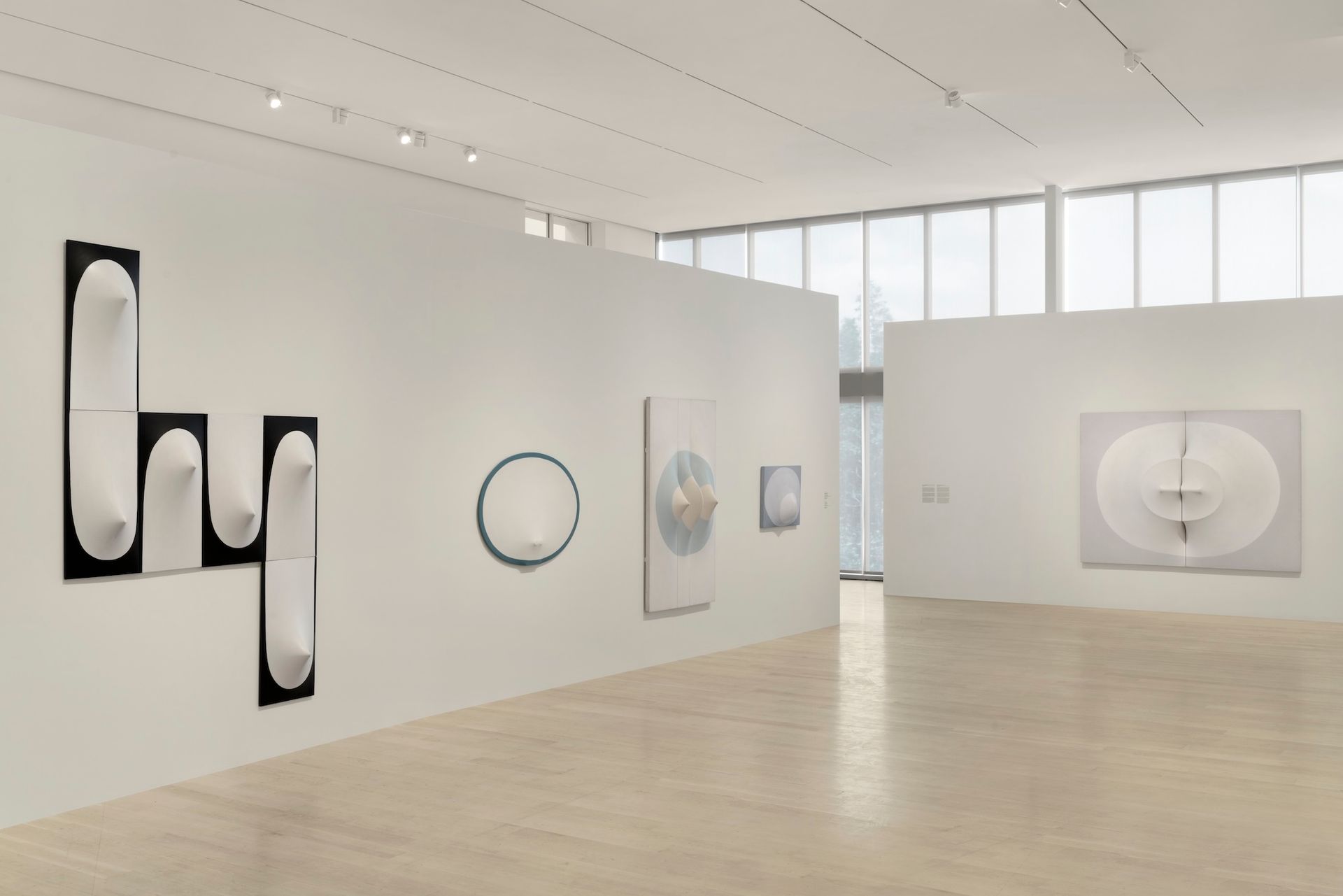The Teiger Foundation will grant just over $3.9m to 50 contemporary-art curators at 33 US institutions, with a focus on promoting artists of colour and issues surrounding decolonisation and the environmental crisis. Individual awards for specific projects range from $50,000 to $150,000; an additional $25,000 each will be given to five of these grantees as part of the foundation’s new Climate Action for Curators initiative, which debuted as a pilot programme last year.
The grants are divided into categories for supporting individual exhibitions and projects, funding three years of programming at smaller institutions, hosting travelling exhibitions and research for future shows. The winners were chosen by a jury from around 500 applications submitted through an open call.
“Our founder, David Teiger, was a museum patron, art collector and on a number of museum boards,” Larissa Harris, the Teiger Foundation’s director, tells The Art Newspaper. “He identified curators as essential, but under-recognised and under-resourced in innovating within an institutional context.” When Teiger died in 2014, in accordance with his will, his art collection was sold in order to invest more than $100m in a private foundation that would fund the work of curators specifically.
Among this year’s grantees are the curators Charlotte Ickes at the National Portrait Gallery in Washington, DC, for a new exhibition by the Apsáalooke artist Wendy Red Star; María C. Gaztambide and Claudia Delaplace at Museo de Arte de Puerto Rico, which will host a travelling show of the work of the nonagenarian Cuban abstractionist Zilia Sánchez; Imani Jacqueline Brown, who is researching a project involving Louisiana’s funerary architecture for A Studio in the Woods in New Orleans; and Hamza Walker and Catherine Taft of the Brick (formerly LAXART) in Los Angeles.

Zilia Sánchez: Topologías/Topologies (2024), Institute of Contemporary Art, Miami Photo: Zachary Balber, courtesy the Institute of Contemporary Art, Miami
The five curators or curatorial teams who will receive extra funding for climate action this year are Lauren Schell Dickens (San José Museum of Art, California), Jova Lynne and Marie Madison-Patton (Museum of Contemporary Art Detroit), Rebecca Matalon (Contemporary Arts Museum Houston), Candice Hopkins and Sarah Biscarra Dilley (Forge Project, New York) and Julio César Morales, Laura Copelin and Alexis Wilkinson (Museum of Contemporary Art Tucson, Arizona).
The foundation’s climate initiative will provide these curators with a year of coaching with Alexis Steiner of Rute Collaborative, who will help them develop a unique climate plan for their project or organisation. Once a plan is made, the extra $25,000 will be used to implement it. Projects with this additional funding include the first US surveys of the photographer Pao Houa Her and the conceptual artist Mary Ellen Carroll.
“The funds are an excuse for the coaching work to happen,” Harris says. “It was clear that giving money alone or coaching alone wouldn’t work. Our future goal is to promote this programme to all of our grantees.”
Harris points to a show opening next month at the Contemporary Austin in Texas as a success story of the climate initiative’s pilot programme last year. In preparation for a touring solo exhibition of the techno-environmental works of the Los Angeles-based artist Carl Cheng, the curator Alex Klein worked with Steiner to reduce emissions while pieces from the show move between museums—it is scheduled to travel to Pennsylvania, the Netherlands, Switzerland and Los Angeles in the next few years.
“They also created a guide for touring venues to review what they’re doing through a climate lens,” Harris says. She hopes this will help create a “ripple effect” of passing climate initiatives onto museums further afield, widening the influence of the foundation’s climate programme.


